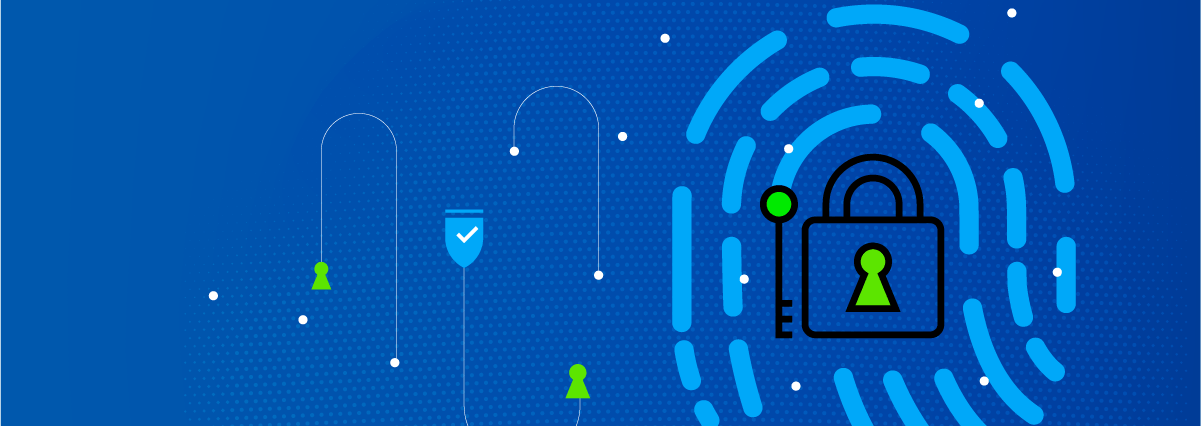Table of Contents
What is cloud encryption?
Cloud encryption is exactly what the name suggests – the encryption of information in the cloud by the company that’s providing cloud storage. There are several types of cloud encryption that are commonly offered. These include encryption of connections, limited encryption that applies only to sensitive data, and end-to-end encryption of all the information in the cloud storage. In the last case, data is encrypted as soon as the cloud storage provider receives it and the encryption keys are provided to the customers.

Why is cloud encryption necessary?
In the world of data security, encryption is considered to be one of the best methods of protection. Once data is encrypted, it becomes virtually impossible to read the information unless you have the key. This means that even if someone steals your data or otherwise gets unauthorized access to it, the threat actor can’t use it.
Difficulties presented by cloud encryption
One of the biggest issues with cloud encryption is that it is not used enough. Even though it has been proven time and time again to prevent major cybersecurity breaches, many companies and organizations still fail to incorporate encryption into their security protocols.
Encryption also raises the price of cloud storage, as cloud storage providers need to use more bandwidth when encrypting data. As a result, some providers offer only limited encryption of information, while a portion of their customers also choose to encrypt data in-house before handing it over to the cloud storage provider.

What are the advantages of cloud encryption?
The main benefit of cloud encryption is the same as that of other encryption applications – it secures data. Nobody can read encrypted information unless they have the key. This becomes especially important when storing information in the cloud. If the data is encrypted, you can be certain that nobody can read it even if the storage provider’s security is compromised.
Cloud encryption also allows companies, organizations, and individuals to comply with requirements set by the government. HIPAA, PCI DSS, and SOX all require entities to encrypt data in order to be compliant. Therefore, if your industry requires compliance with one of these standards and you store information in the cloud, you need to encrypt data before transferring it to the cloud or ensure that your cloud storage provider offers encryption services.
How to ensure proper encryption of information in the cloud?
If you’re planning to transfer information to a cloud storage facility, first, you need to analyze the information you’re going to transfer and determine what needs to be encrypted. For instance, if you’re a medical provider, you’ll probably need to encrypt all the data, but if you run a web design company, encryption may not be necessary as long as your cloud storage account is secured with a strong password. Make sure that the storage provider you choose offers sufficient encryption services to meet your needs. Additionally, strive to encrypt your data before moving to the cloud for maximum protection.
You should also take time to organize proper encryption key storage. Make sure that the key is stored separately from the encrypted data. You should also back up the key regularly to avoid losing it because of a mistake made by an employee, technical malfunction, etc. It’s also advisable to refresh the key frequently.